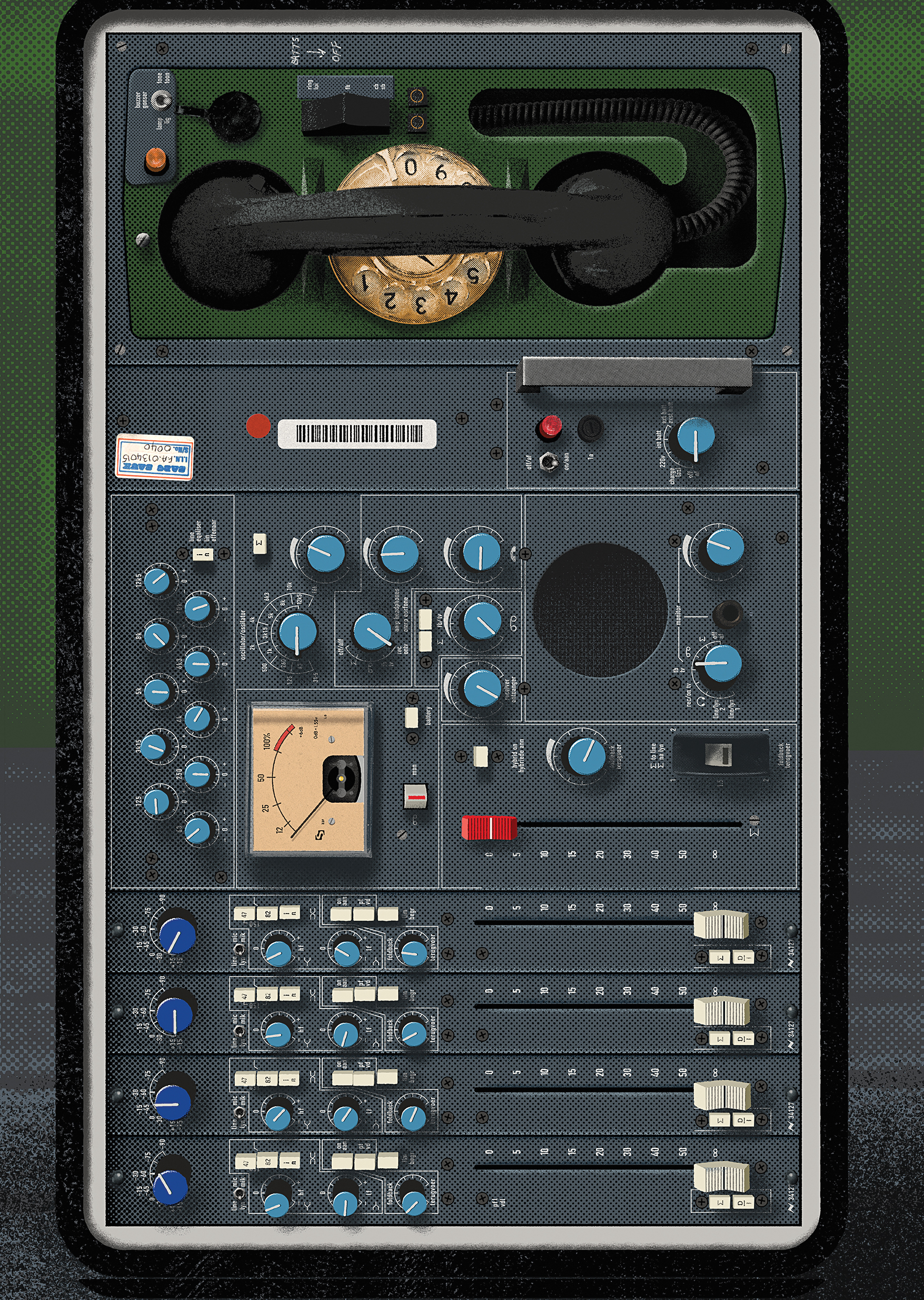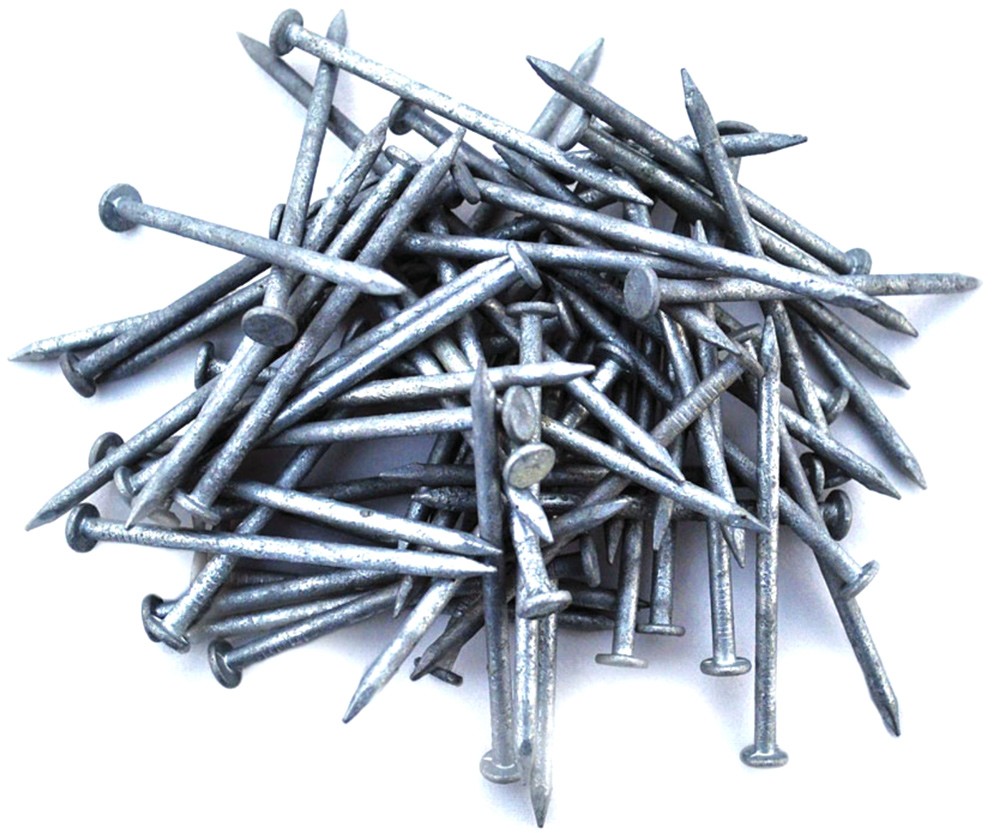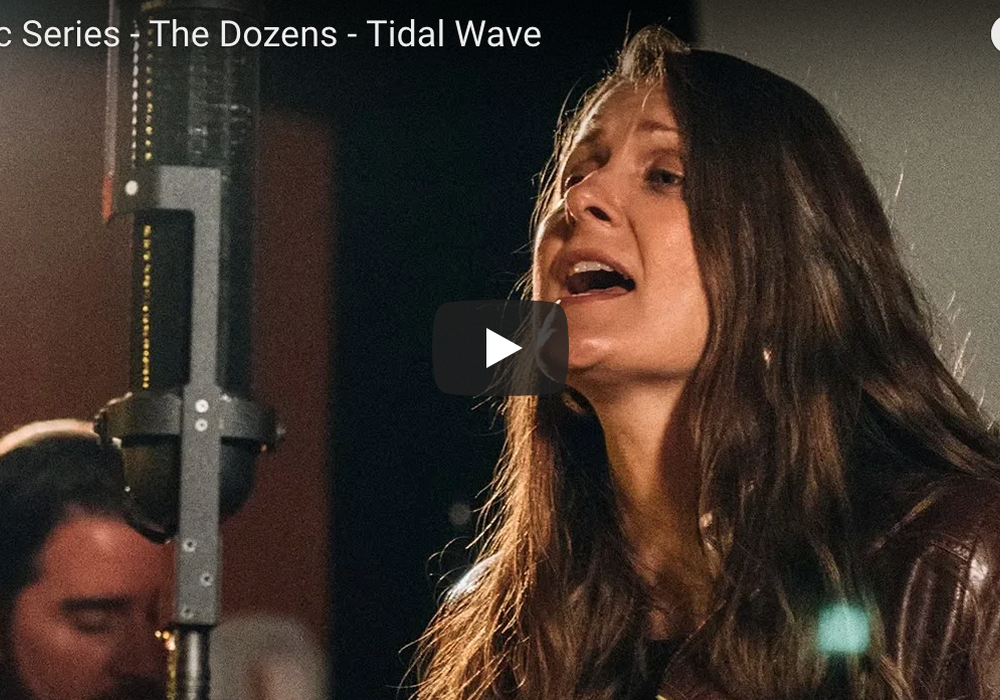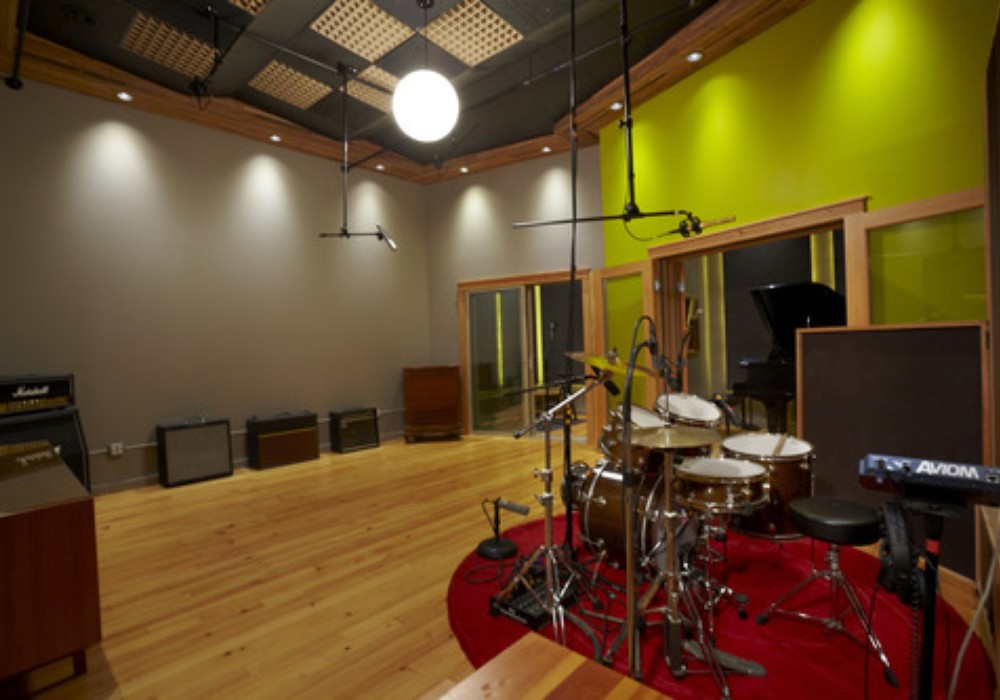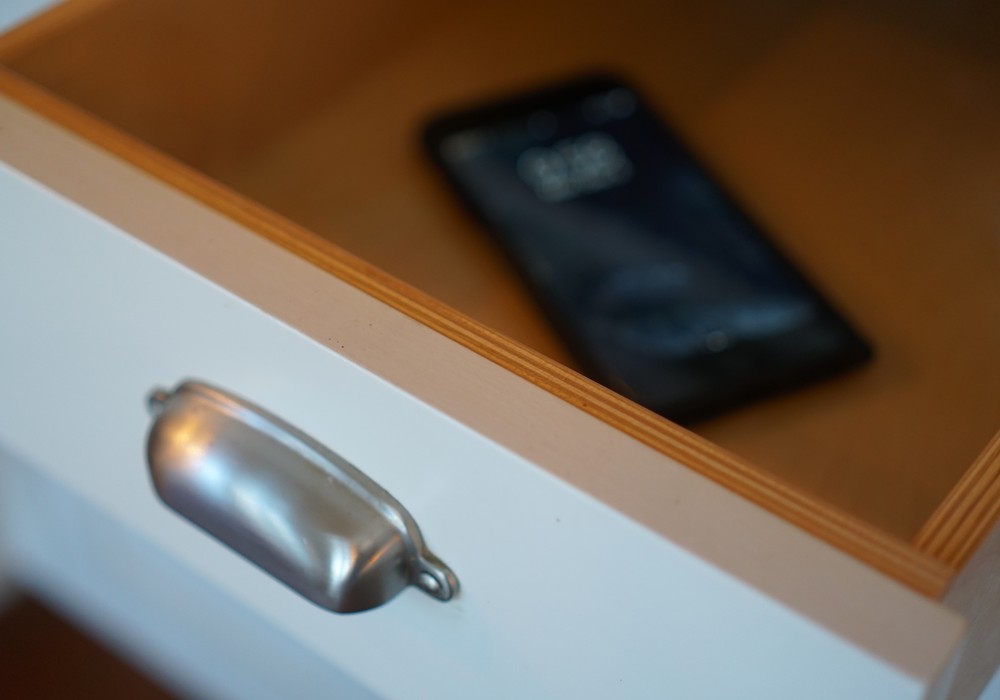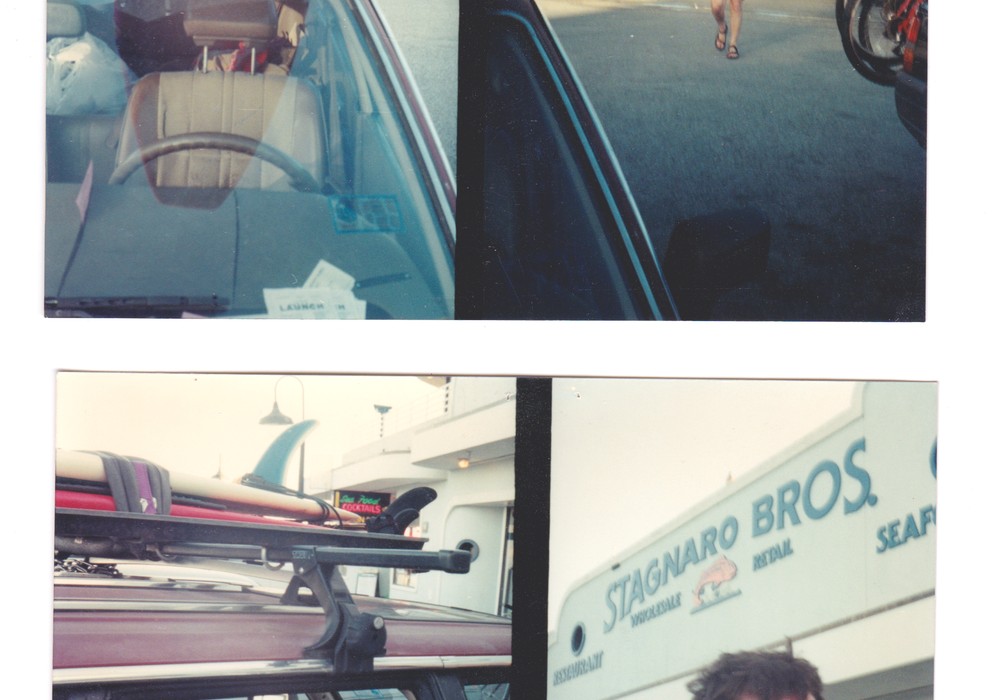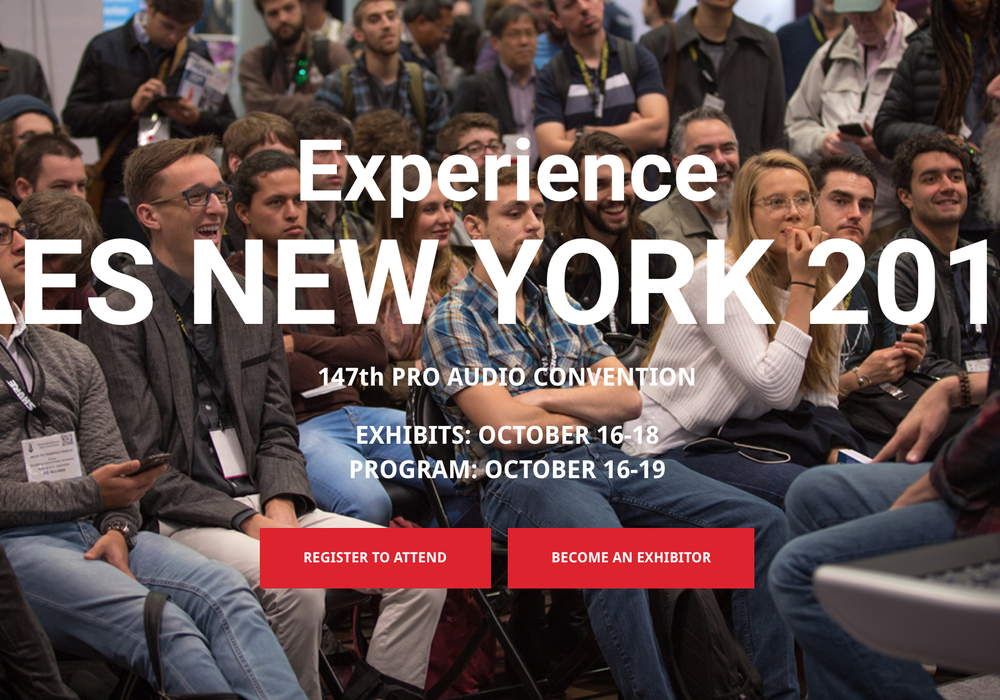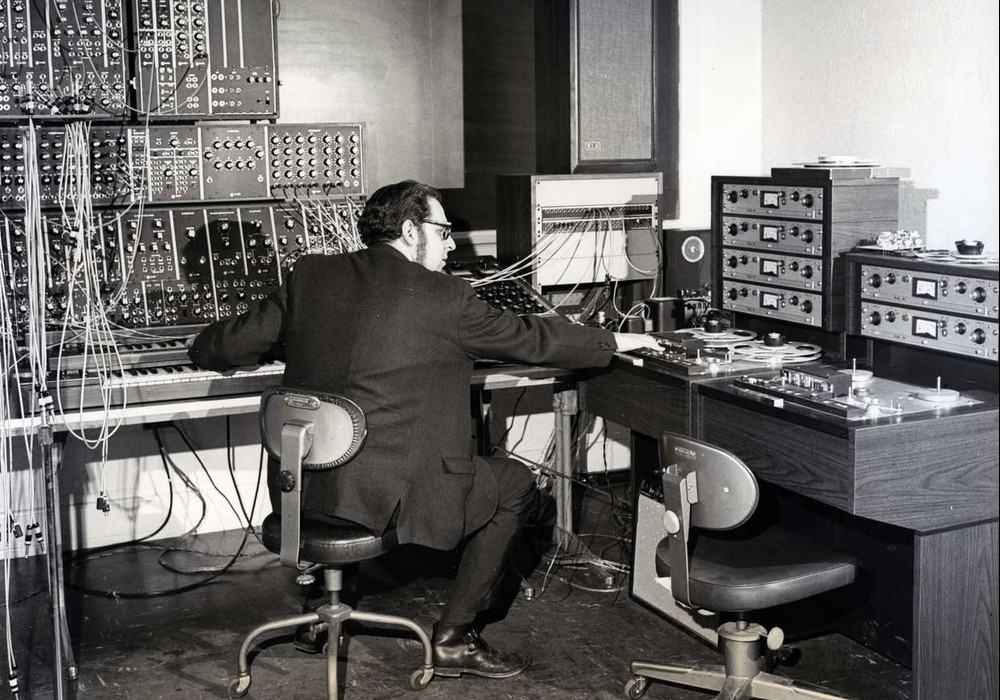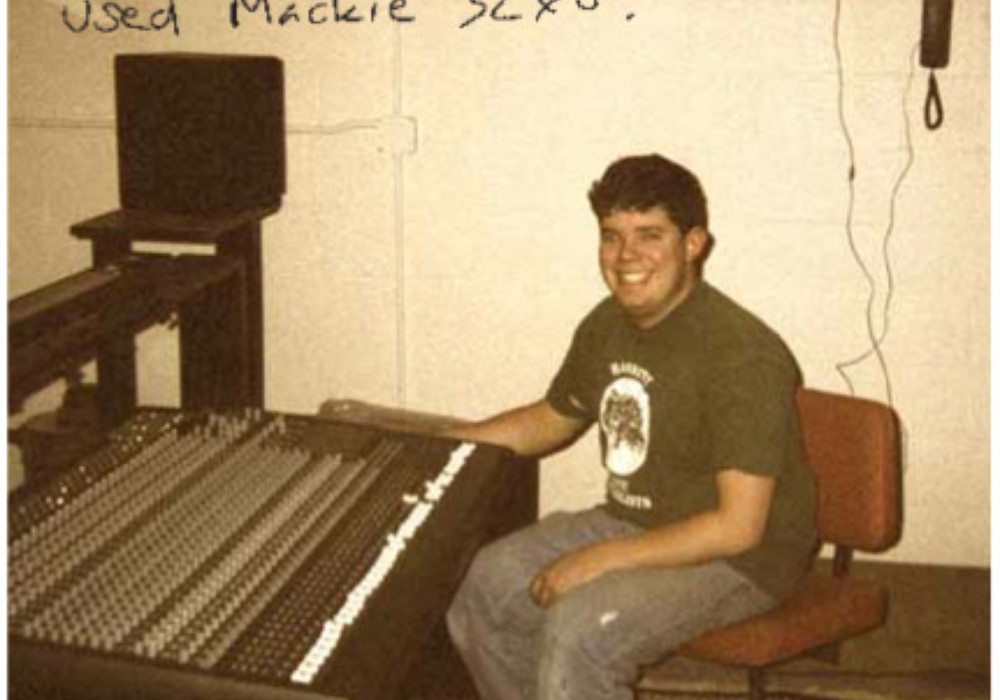When I was younger and flat broke, I was offered a place to stay in my friends' house. It was a room in an old, unfinished basement, and I thought it'd be nice to have some walls. Being without funds to hire anyone, I decided I could probably learn how to frame some walls and cover them with sheetrock. I bought a remodeling book and set about the task. After taking five times longer than it would probably take someone with any experience, I had walls and a pretty awful looking taping job on the sheetrock. Since then, I've had several construction jobs. I gradually became pretty capable at swinging a hammer, but I probably could've jumped light years ahead by not trying to learn everything myself that first time. I guess that's the way I usually work, and I've learned to embrace it.
It's been the same with recording. I've always enjoyed making records as an artist, and always thought I'd enjoy being on the other side of the board as well. Instead of going to school, or trying to apprentice at a studio, I thought I'd just get some gear and make awesome records. Terrible results ensued. Now I've been at it a few years. I've thankfully been shown some pointers by friends, and I am much more comfortable taking my own (and other people's) songs and recording them for all posterity. Recording is a craft at its core, much like carpentry — a thing to be learned and practiced. And, just like any other craft, the joy in it comes when we are able to turn it into an art. This part cannot be taught in classes, nor even shared by masters. It's the personal variable. It's the understanding that sound is most interesting when it's treated as infinite and moldable. It's courage to follow your own vision, and create the work that fills you up with excitement and joy... or pain and sadness.
I've known carpenters who should go by no other title than "artist." The same goes for some recording engineers I've been fortunate enough to work with. In the gear-crazy world of recording, I think the importance of a human turning the knobs gets a bit forgotten. No amazing microphone will make anyone a better engineer, in the same way no $500 hammer (they do exist) will make anyone a better carpenter. You are the most important piece of gear in that studio. Your vision, your ears, your passion, along with everything you've learned through failure and success, is the key. Everything else is just something hanging from your tool belt.
